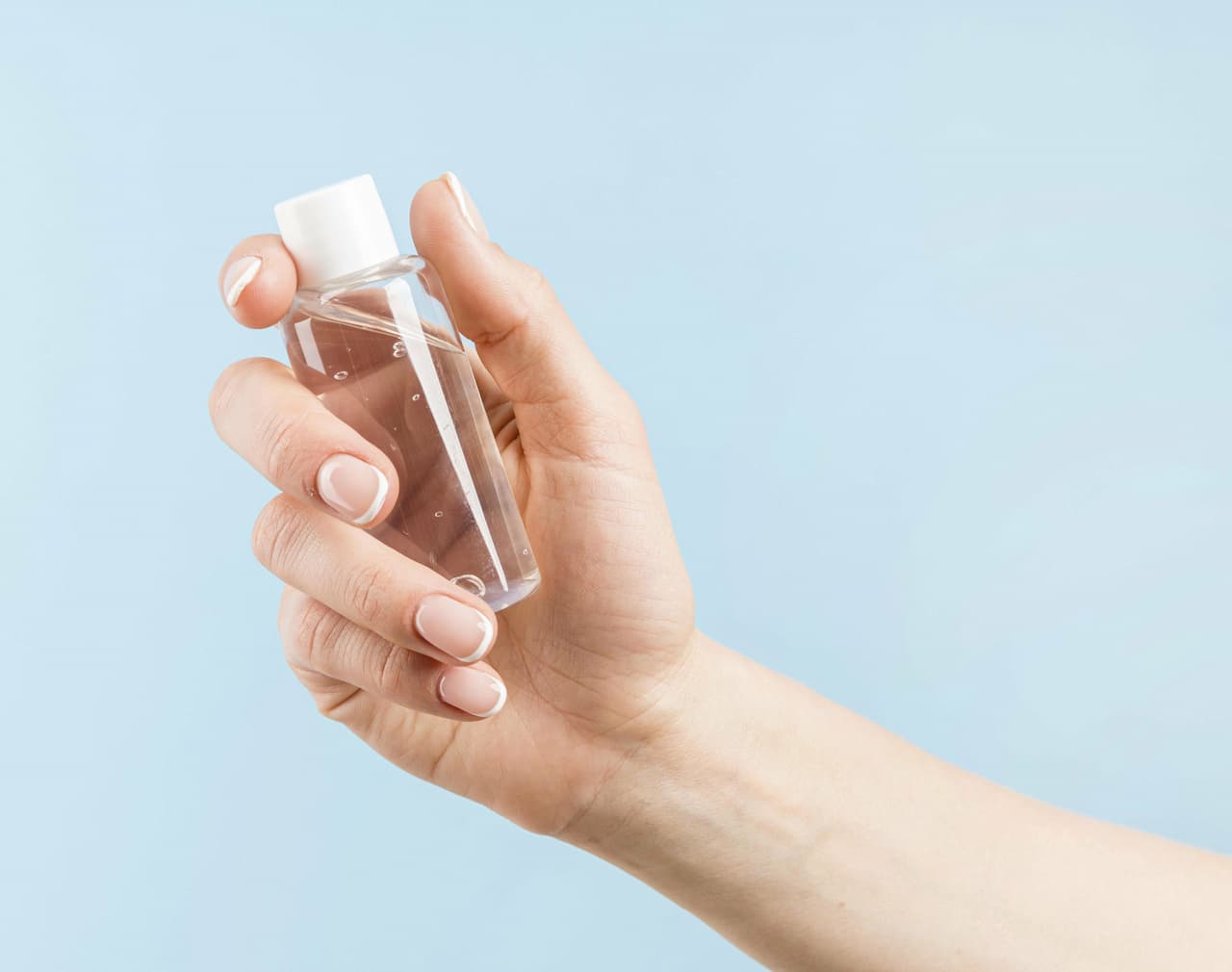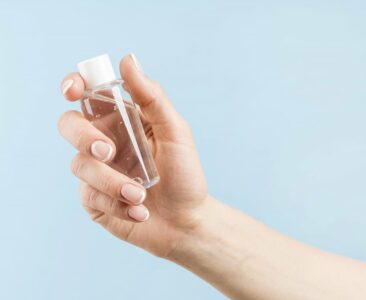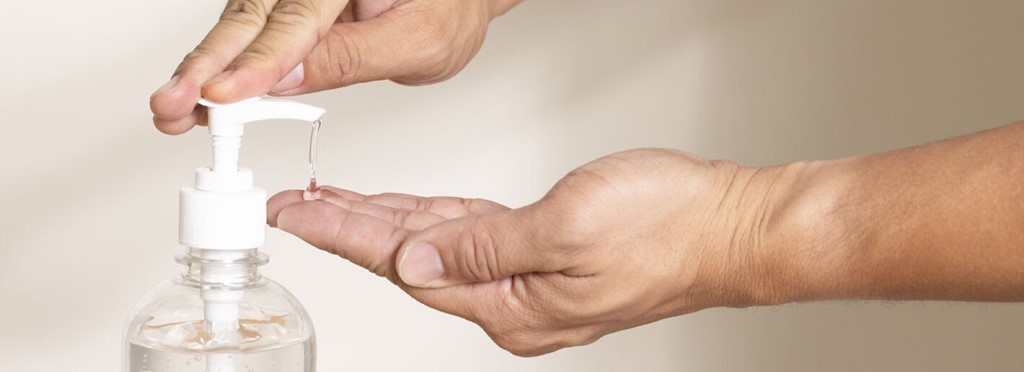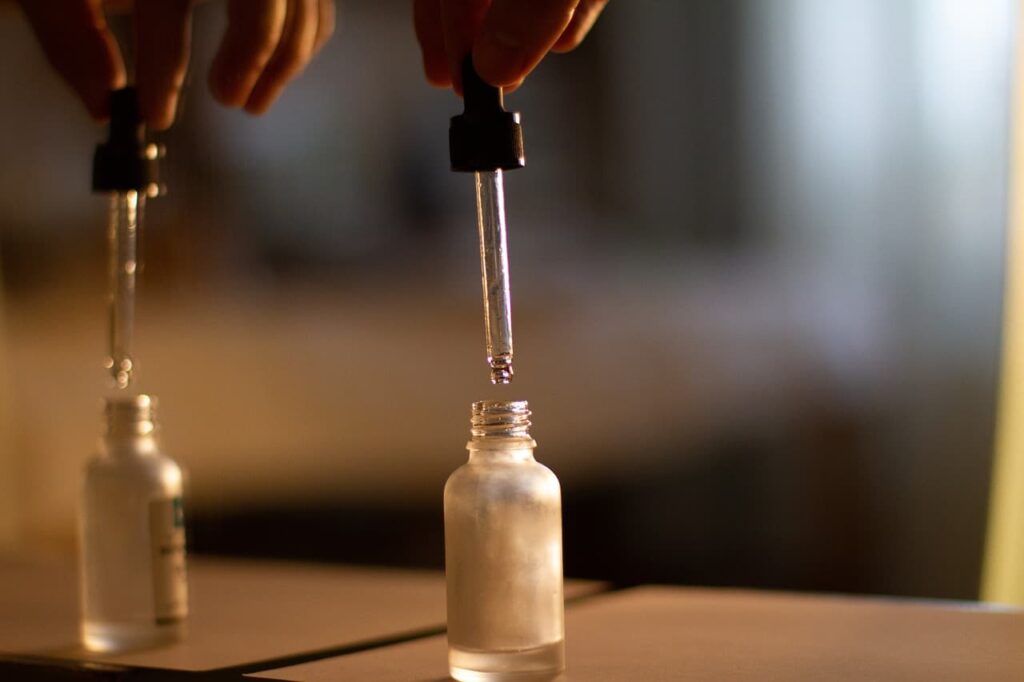The difficult epidemiological situation dictates new conditions for survival. To significantly reduce the likelihood of infection with viruses, people began to actively use sanitizers. They are in public places, sold in pharmacies. Pharmacists claim that all antiseptics are effective and kill 100% of bacteria. In fact, this is refuted by studies of scientists and the number of patients growing. In order not to replenish their ranks, you should correctly approach the choice of sanitizer. You should learn what you need to consider, to buy a really effective remedy that will instantly destroy pathogenic bacteria and help maintain health.
Type of antiseptic
When buying a sanitizer , few people think about what kind they sold it in a pharmacy. In fact,there are 2 types of antiseptic:
1. Alcohol-containing. Used by medical professionals. Contain from 60% alcohol. They act on viruses, bacteria. Suitable for disinfecting hands, objects, including phones.
2. Water. Contain surfactants. Available in the form of gely, paste. The main disinfectant is chlorhexidine. It is less effective than alcohol, does not destroy the fatty shell of viruses. However, the products are popular due to the gentle effect. They do not dry the skin of the hands, do not have a specificgroin.
If you want to protect yourself as much as possible from viruses, alcohol-containing agents will be the best option. However, they dry the skin of the hands, so it is recommended to purchase a nourishing cream with them and apply it before bedtime to neutralizethe negative impact.
Alcohol content
Because of the pandemic, many pharmaceutical companies began to produce sanitizers of various types. To get the maximum profit, some of them began to save on raw materials. Often, less alcohol and more water and various additives began to be added to the funds.
Such sanitizers can be cheaper, but their effectiveness is extremely low. As a result, not all bacteria and viruses are removed when used. The likelihood of infection increases.
To avoid wasting money,it is recommended to carefully study the composition of the product. According to WHO standards, it should contain 75% isopropyl or 80% ethyl alcohol. Such funds will remove all microorganisms from the hands, which will avoid infection.
Supplements
Ideally, the compositionof the effective sanitizer should be water and alcohol. However, manufacturers often experiment with the compositions, add various flavors, extracts, emollient components to them. As a result, the product becomes less lethal to bacteria. Thelikelihood of infection increases by reducing the alcohol content.
It is best to purchase antiseptics with the simplest possible composition. They are the most effective, cope with their task perfectly. As for moisturizing and nourishing properties, it is better to neglect them, giving priority to health. Creams help to get rid of dry skin of the hands: they can be applied after using gels and sprays.
Brand reputation
During the pandemic, there was a huge demand for sanitizers . Some manufacturers began to use low-quality raw materials to produce antiseptics. Some brands added methanol instead of isopropyl and ethyl alcohol, which were in short supply. As a result of using such products, people faced side effects.
When penetratingthrough the skin and respiratory tract, methanol caused headache and nausea. Blindness and convulsions were observed in large doses. Some people fell into a coma or died. Such cases prompted WHO to begin researching and testing the products presented in the apteks. As a result of the investigation, products of more than 100 brands were blacklisted, they were no longer recommended for purchase and use.
Before purchasing antiseptics, you should study the list of funds that are dangerous to health. The best oneswill pay 10-20%, but avoid negative consequences. It is recommended to give preference to the products of top pharmaceutical companies. They will not spoil the reputation by producing sanitizers with a modified composition.
Shelf life
Most people buy t sanitizers without looking. Often they come across products with an expired shelf life. It is important to pay attention to this factor, because when using such gels, the effectiveness will be at a minimum level, and the risk of getting sick will increase.
It is importantto understand that alcohol is a volatile liquid. It gradually evaporates from the gels. If there are 1-2 months left before the end of the shelf life, it is better not to purchase such a sanitizer: its effectiveness when used will be low.
In addition, doctors do not advise spending moneyon the purchase of damaged tubes and deformed vials. Air could get into them, which means that the tightness was broken. At the same time, the shelf life and effectiveness of the antiseptic decreased.
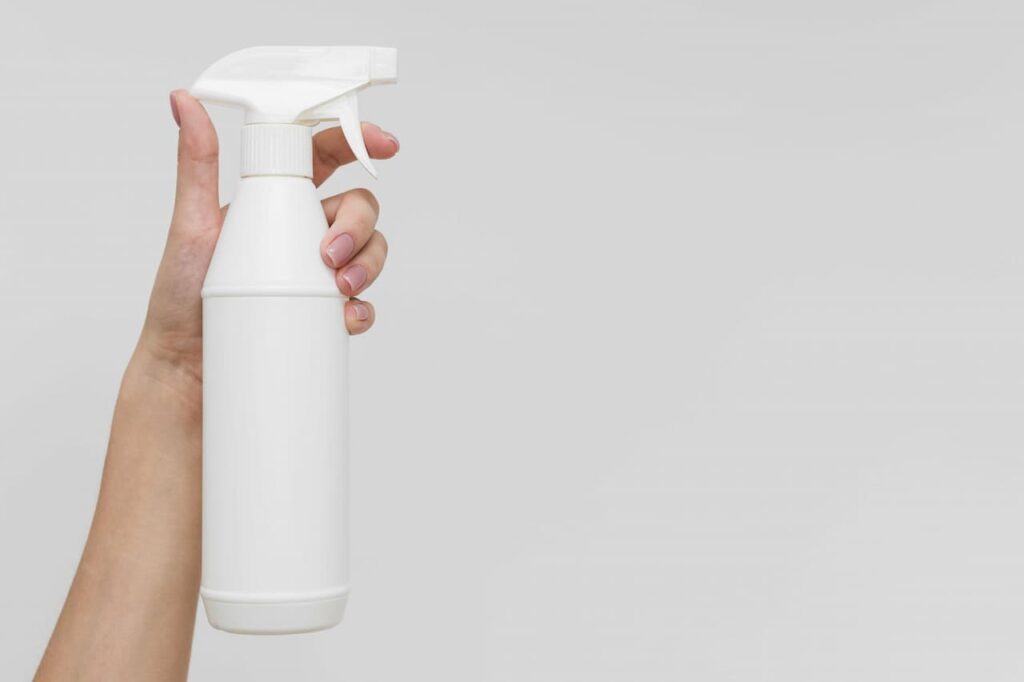
Should I use public sanitizers?
The pandemic has begun to dictate its own conditions. Sanitizers have appeared in public places and transport. Anyone can use them. Doctors strongly recommend that this be done to avoid the occurrence of SARS.
However, they often have low efficiency. To squeeze out a little gel, you need to press on the pump. It is extremely rarely disinfected. As a result, there is a high probability of catching the virus. In addition, the product can stand for a long time. As a result, its effectiveness will tend to zero.
It is better not to risk and notto rely on your own health. Sanitizers are inexpensive, everyone has the opportunity to purchase a small bottle of gel or spray and use the product when necessary. It is important to monitor the expiration date, then you can avoid infection.
Findings
Pharmacies and supermarkets sell different sanitizers. Not all can be called effective and safe. To avoid infection, it is recommended before buying an antiseptic to make sure that it contains a sufficient amount of alcohol, there are no harmful thingsand impurities. It is better to overpay for an antiseptic from a leading brand than to use gels and sprays from little-known manufacturers with a dubious reputation.
